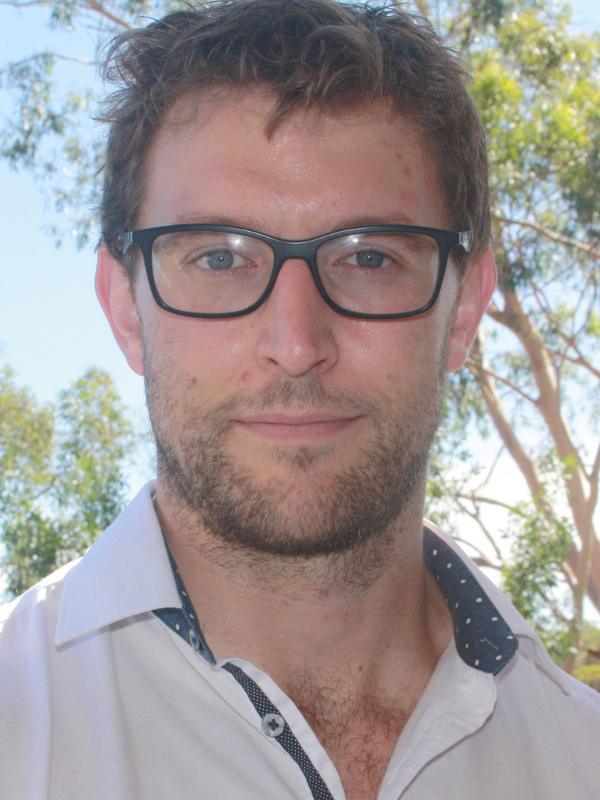
Watch Dr George Opie accept the research grant award and hear a bit about the project.
Project Summary:
Within Australia, traumatic brain injury (TBI) is one of the most common forms of acquired brain injury, being associated with more than 22,000 hospitalisations per year. The vast majority (80-90%) of TBIs are classified as mild (mTBI) and are responsible for the bulk of this impact. Although mTBI has long been considered to have only short-lived and mild symptoms, we now know that this is not actually the case. In fact, there is growing recognition of the serious and persistent side-effects experienced by many patients. Unfortunately, though, we still understand very little about the changes within the brain that drive these devastating side-effects. This limits our ability to identify patients that are likely to experience persistent problems, or to provide treatment.
Although limited, our current understanding of mTBI suggests that changes to the way in which different parts of the brain communicate with each other is important in generating long-term side-effects of injury. This process is referred to functional connectivity and underpins how the brain handles information. However, the mechanisms that drive these changes in functional connectivity are not known. Consequently, our project will attempt to better characterise how functional connectivity is altered by mTBI. We will approach this issue from a new perspective that focuses on different types of ‘brain waves’. In particular, we will investigate how mTBI changes interactions between different brain waves, and how this relates to the side-effects of injury.



 The Brain Foundation is the largest, independent funder of brain and spinal injury research in Australia. We believe research is the pathway to recovery.
The Brain Foundation is the largest, independent funder of brain and spinal injury research in Australia. We believe research is the pathway to recovery.